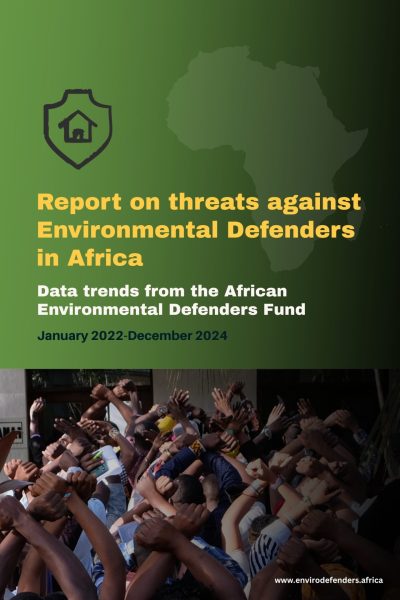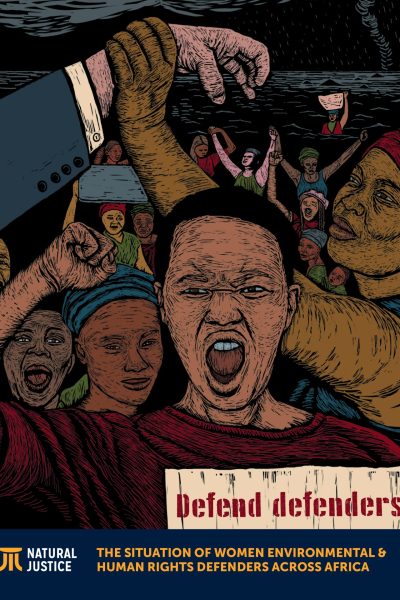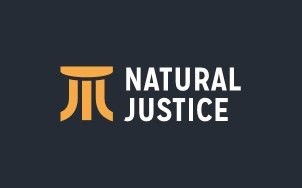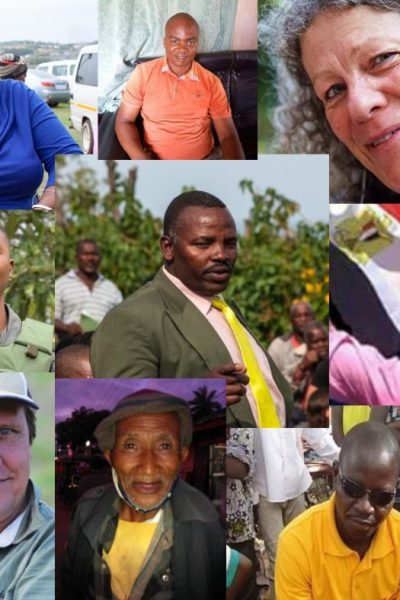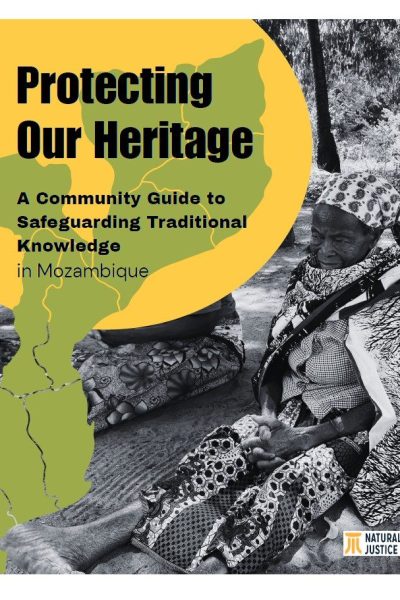The Climate Justice Movement (CJM) refers to a social and or environmental group that addresses the ethical and political issues related to climate change with an emphasis on the need for fair treatment and meaningful involvement of all people. Numerous understandings of the concept of climate justice have been promoted by various stakeholders.However, there is an emerging consensus by many actors involved in the CJM that defines climate justice as a recognition of unequal impact of climate change on marginalized and vulnerable populations and individuals and striving to attain equity and human rights in decision making and action on climate change. This includes advocating for climate finance, mitigation, adaptation, and loss and damage support. It also emphasizes fair distribution of burdens and benefits, recognizing historical and systemic inequalities.
In Kenya the CJM plays a pivotal role in advocating for and shaping policies that address climate change at local, county, and national levels. Understanding the current state of the CJM in the country is crucial for effective action and advocacy. Knowing the movement›s strengths, weaknesses, and evolving strategies helps individuals and organizations align their efforts to maximize impact and ensure the pursuit of a just and equitable response to climate change.



